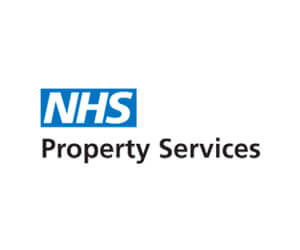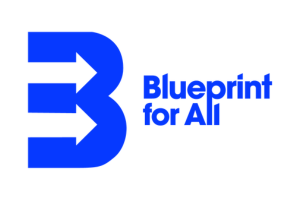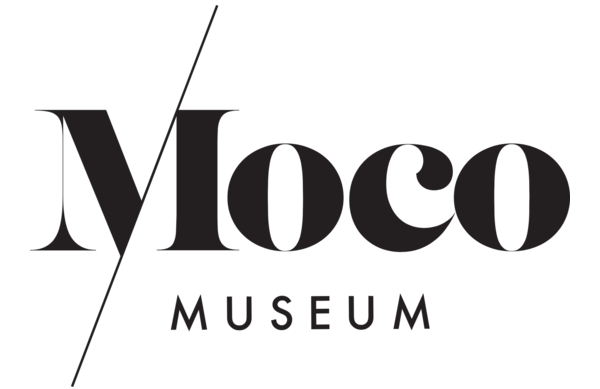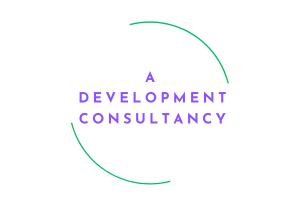Alcohol Awareness Week 2025: Leading the conversation on culture, wellbeing and speaking up
 Alcohol Awareness Week 2025 (7th – 13th July) arrives with a timely and powerful theme: Alcohol and Work. For employers, this is more than a campaign—it’s a call to action. With the UK’s evolving workplace culture, new sexual harassment legislation and a growing focus on mental health, this week offers the opportunity to reflect on how alcohol, wellbeing and workplace safety interconnect.
Alcohol Awareness Week 2025 (7th – 13th July) arrives with a timely and powerful theme: Alcohol and Work. For employers, this is more than a campaign—it’s a call to action. With the UK’s evolving workplace culture, new sexual harassment legislation and a growing focus on mental health, this week offers the opportunity to reflect on how alcohol, wellbeing and workplace safety interconnect.
Alcohol and work: A hidden culture
Workplace drinking culture in the UK has long been normalised—after-work pints, team celebrations and client lunches often revolve around alcohol. But this culture can blur boundaries, mask deeper issues and exclude those who choose not to drink.
According to Alcohol Change UK, around 10 million people in the UK drink in ways that could harm their health. The pressures of work—long hours, stress and blurred work-life boundaries—can worsen unhealthy drinking habits. For some, alcohol becomes a coping mechanism. For others, it’s a source of anxiety, especially when social expectations at work revolve around it.
As HR leaders, we must ask: Is our workplace culture inclusive, or is it quietly enabling harm?
New sexual harassment laws: A wake-up call
In October 2024, the UK introduced new legislation under the Worker Protection (Amendment of Equality Act 2010) Act, placing a positive duty on employers to take reasonable steps to prevent sexual harassment in the workplace. This means organisations are now legally required to be proactive—not just reactive—when it comes to creating safe environments.
Why is this relevant during Alcohol Awareness Week?
Alcohol can lower inhibitions and impair judgment, so it often plays a role in workplace misconduct, including harassment. Social events involving alcohol—whether formal or informal—can become hot spots for inappropriate behaviour. And when the culture is permissive or dismissive, victims may feel silenced.
Creating a culture of respect means rethinking how, when, and why alcohol is present in our workplaces.
The importance of speaking up about alcohol and work
One of the most powerful tools organisations can offer is a culture where people feel safe to speak up, whether that be about their drinking, their mental health, or their experiences of misconduct.
However, speaking up isn’t easy. Stigma, fear of judgment, or concerns about career impact often keep employees silent. That’s why HR must lead by example, embedding psychological safety into every layer of the organisation.
Here’s how:
- Train managers to spot signs of alcohol misuse and respond with empathy.
- Review policies to ensure they support—not punish—those seeking help.
- Create anonymous reporting channels for misconduct or wellbeing concerns.
- Celebrate openness—share stories, invite conversations, and normalise vulnerability.
Wellbeing: Beyond the fruit bowl
Employee wellbeing is not a “nice to have”—it’s a business must. Alcohol misuse is linked to poor sleep, anxiety, depression, and absenteeism. However, wellbeing isn’t just about offering yoga classes or fruit bowls – it’s about addressing root causes: stress, burnout, exclusion, and toxic culture.
This Alcohol Awareness Week, organisations can take meaningful steps to support wellbeing:
- Audit your social culture: Are events inclusive for non-drinkers?
- Offer support services: Promote access to EAPs, counselling, or alcohol support charities.
- Encourage balance: Model healthy boundaries around work hours and expectations.
- Educate: Host workshops or webinars on alcohol and mental health.
Practical steps about alcohol and work for HR this week
Here’s how you can use Alcohol Awareness Week to spark real change:
- Host a lunch and learn: Invite a speaker from Alcohol Change UK or a local addiction support service to talk about alcohol and work. Keep it informal and inclusive.
- Review your policies: Ensure your alcohol, social events and misconduct policies are up to date and aligned with the new sexual harassment laws.
- Encourage employees to share stories (anonymously if needed) about how alcohol has impacted their work life—positively or negatively.
- Create alcohol-free social options.
- Offer mocktail bars, coffee meetups, or wellness walks as alternatives to pub-based socials.
- Train line managers: Equip them with the tools to spot signs of alcohol misuse, respond compassionately and escalate appropriately.
Final thoughts: Culture is everyone’s responsibility
Alcohol Awareness Week is a powerful reminder that workplace culture is something we actively shape through every policy we write, every event we host and every conversation we encourage. Organisations have a unique opportunity to lead with empathy, promote trust and build workplaces where wellbeing and respect are the norm—not the exception.
By addressing alcohol use, embedding wellbeing, and upholding the new legal standards around harassment, we can build workplaces that are not only compliant—but truly compassionate.
If your organisation is looking for assistance with policies, training or wellbeing in the workplace and would like to speak to one of our consultants do get in touch.




